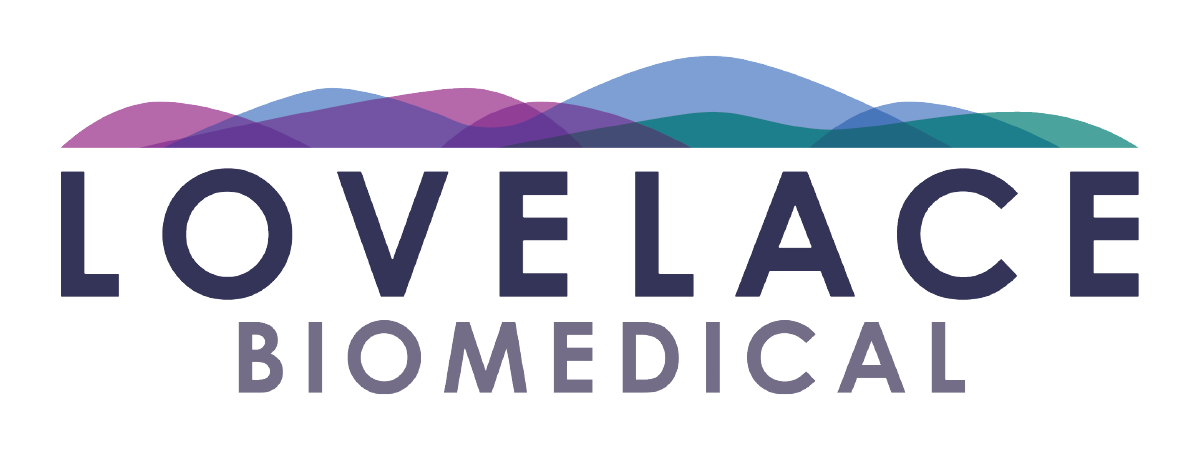Increasingly, biopharmaceutical companies are developing nucleoside analogues as chemotherapeutic, anti-bacterial and anti-viral agents.
Of the nucleoside analogues in development, 5-azacytidine is being studied as a targeted therapy for lung cancer, as it may be able to amplify the therapeutic agent at the site of action while reducing off-site toxicities.
Sensitive and selective bioanalytical assays allow the experts in lung cancer to evaluate drug levels at the site of action and throughout the body to assess potential to treat metastatic disease and evaluate risk for tolerance.
LCMS (liquid chromatography-mass spectrometry) assays have been used in the past to quantify nucleosides in the body. However, replication of these assays is often difficult due to the lack of separation and interferences from the matrix.
Lovelace has developed a novel assay for quantification of 5-azacytidine in plasma, lung tissue, brain tissue and liver tissue. The team took a novel approach, utilizing selection of specific ions within the mass spectrum to reduce background interference and increase sensitivity.
Members of Lovelace Biomedical’s bioanalytical team will present this research at the 12th WRIB meeting, being held April 9-13 in Philadelphia (for attendees, see Poster P09 on Day 1). The WRIB meeting brings together experts in bioanalysis, biomarkers and immunogenicity.

